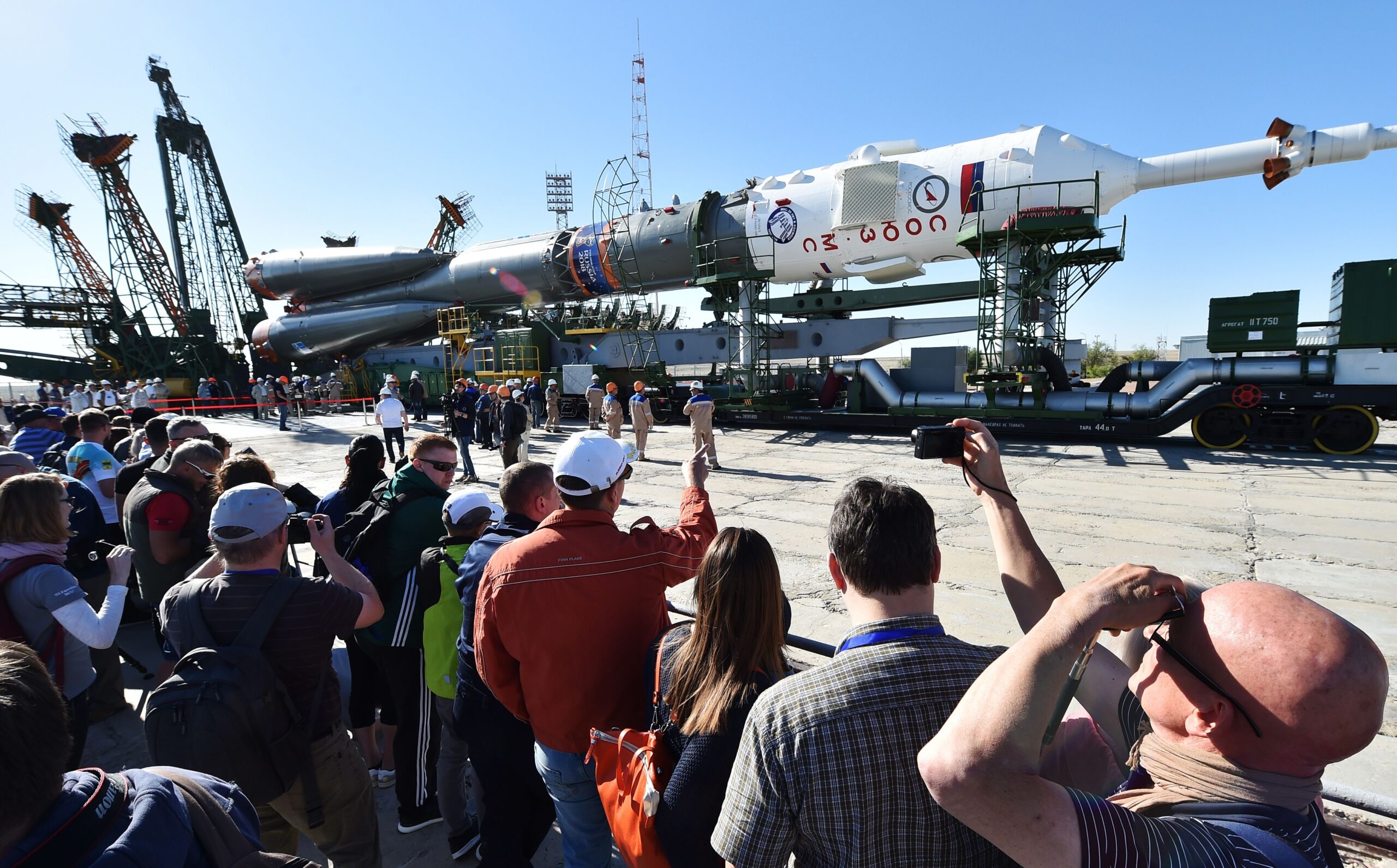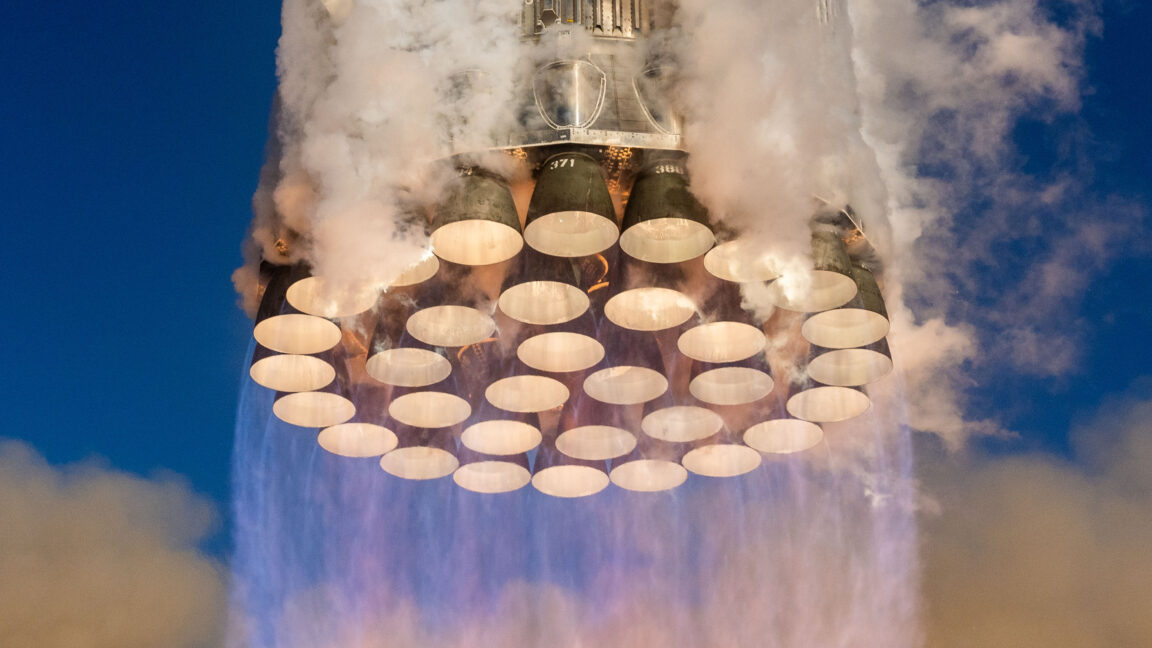The Russian space program reached a significant milestone over the holidays with the 2,000th launch of a rocket from the "R-7" family of boosters. The launch took place on Christmas Day when an R-7 rocket lifted off, carrying a remote-sensing satellite from the Baikonur Cosmodrome.
This family of rockets has an incredible heritage dating back nearly six decades. The first R-7 vehicle was designed by the legendary Soviet rocket scientist Sergei Korolev. It flew in 1957 and was the world's first intercontinental ballistic missile. Because the first Soviet nuclear warheads were massive, the R-7 vehicle was powerful enough to be converted into an orbital rocket.
A modified version of the R-7 rocket, therefore, launched the Sputnik satellite later in 1957. And the slightly more powerful "Vostok" version of the booster carried Yuri Gagarin into space in 1961, opening the era of human spaceflight. The first Soyuz variant, a rocket that has been upgraded multiple times but remains similar to its original form, flew in 1966. Humans still fly on the Soyuz rocket today to the International Space Station.
Reaching a major milestone
In a news release published via Russian channels, Roscosmos noted that the Christmas Day launch was the 2,000th launch of the R-7, or Semyorka family of vehicles. The "Semyorka" moniker for these rockets is the noun form of the number 7 and the affectionate name for the booster, according to translator Rob Mitchell. The most commonly flown variant of the Semyorka rocket is the Soyuz-U variant, which flew 788 missions from 1973 to 2017 (including human flights to a variety of space stations). This is followed by the Voshkod booster (299 flights, primarily for reconnaissance satellites) and Molniya-M rocket (280 flights, including polar and lunar missions). The R-7 rocket family has taken flight from four different launch pads around the world, including a couple of dozen missions managed by the European Space Agency under an agreement from 2011 to 2022, which ended after Russia's invasion of Ukraine.- Baikonur Cosmodrome, Kazakhstan: 955 launches from May 1957 to the present day
- Plesetsk Cosmodrome, Russia: 1,000 Launches from December 1965 to the present day
- European launch site, French Guiana: 27 launches from October 2011 to October 2022
- Vostochny Cosmodrome, Russia: 18 Launches from April 2016 to the present day


